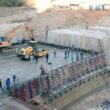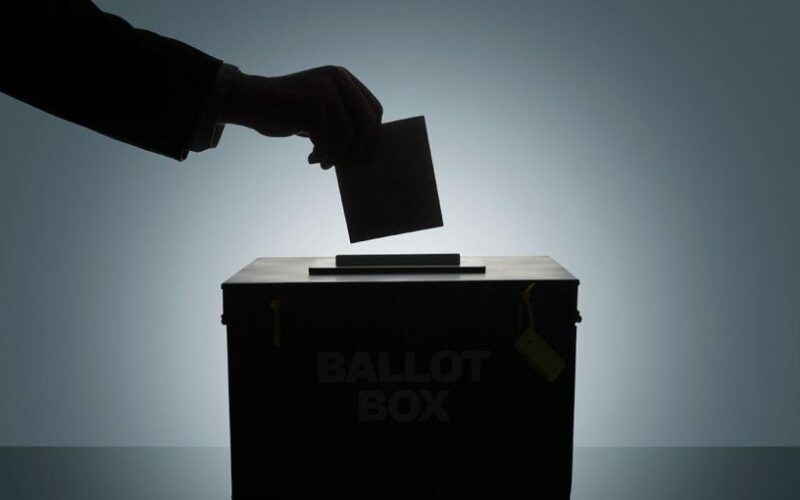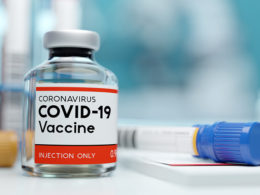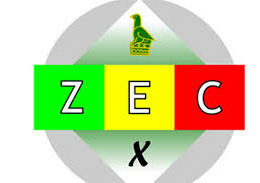The Southern African countries, building upon their common historical and cultural identity forged over centuries, agreed to encapsulate their commonality into a single vision, that of a shared future. In this context, in 1992 the Southern African countries meeting in Windhoek, the Republic of Namibia, signed a Treaty establishing the Southern African Development Community (SADC)
Article 4 of the Treaty stipulates that “human rights, democracy and the rule of law” are principles guiding the acts of its members. Article 5 of the Treaty outlines the objectives of SADC, which commits the Member States to “promote common political values, systems and other shared values which are transmitted through institutions, which are democratic, legitimate and effective. It also commits Member States to “consolidate, defend and maintain democracy, peace, security and stability” in the region.
The Protocol on Politics, Defence and Security Cooperation provides that SADC shall “promote the development of democratic institutions and practices within the territories of State Parties and encourage the observance of universal human rights as provided for in the Charter and Conventions of the Organization of African Unity [African Union] and the United Nations.”
In addition, the Strategic Indicative Plan for the Organ (SIPO), as the implementation framework of the Protocol, emphasizes the need for democratic consolidation in the region. The development of the principles governing democratic elections aims at enhancing the transparency and credibility of elections and democratic governance as well as ensuring the acceptance of election results by all contesting parties.
The Guidelines are not only informed by the SADC legal and policy instruments but also by the major principles and guidelines emanating from the OAU/AU Declaration on the Principles Governing Democratic Elections in Africa – AHG/DECL.1 (XXXVIII) and the AU Guidelines for African Union Electoral Observation and Monitoring Missions – EX/CL/35 (III) Annex II.
PRINCIPLES FOR CONDUCTING DEMOCRATIC ELECTIONS
In the event a Member State decides to extend an invitation to SADC to observe its elections, this shall be based on the provisions of the Protocol on Politics, Defence and Security Cooperation.
SADC Member States shall adhere to the following principles in the conduct of democratic elections:
Full participation of the citizens in the political process;
Freedom of association;
Political tolerance;
Regular intervals for elections as provided for by the respective National Constitutions;
Equal opportunity for all political parties to access the state media;
Equal opportunity to exercise the right to vote and be voted for;
Independence of the Judiciary and impartiality of the electoral institutions; and
Voter education.
Acceptance and respect of the election results by political parties proclaimed to have been free and fair by the competent National Electoral Authorities in accordance with the law of the land.
Challenge of the election results as provided for in the law of the land.
RIGHTS AND RESPONSIBILITIES OF SADC ELECTION OBSERVERS
6.1 The rights and responsibilities of the SOEM are based on the SADC experience and the AU Guidelines for Electoral Observation and Monitoring Missions. Accordingly the following shall be the rights and responsibilities of the SADC Elections Observers:
Freedom of movement within the host country;
Accreditation as election observers on a non-discriminatory basis:
Unhindered access to and communicate freely with the media;
Free access to all legislation and regulations governing the electoral process and environment;
Free access to electoral registers or voters’ roll;
Unimpeded and unrestricted access to all polling stations and counting centres;
Communicate freely with all competing political parties, candidates, other political associations and organisations, and civil society organisations;
Communicate freely with voters without prejudice to the electoral law proscribing such communication in order to protect the secrecy of the vote;
Communicate with and have unimpeded and unrestricted access to the National Election Commission or appropriate electoral authority and all other election administrators;
The SEOM shall be headed by an appropriate official from the Office of the Chairperson of the Organ who shall also be the spokesperson of the Mission ;
Send regular reports on the electoral observation process to the Representative of the Organ on issues that may require urgent consideration;
Issue a statement on the conduct and outcome of the elections immediately after the announcement of the result; and
Prepare a Final Report within 30 (thirty) days after the announcement of the results.
RESPONSIBILITIES OF THE MEMBER STATE HOLDING ELECTIONS
Take necessary measures to ensure the scrupulous implementation of the above principles, in accordance with the constitutional processes of the country;
Establish where none exist, appropriate institutions where issues such as codes of conduct, citizenship, residency, age requirements for eligible voters and compilation of voters’ registers, would be addressed;
Establish impartial, all-inclusive, competent and accountable national electoral bodies staffed by qualified personnel, as well as competent legal entities including effective constitutional courts to arbitrate in the event of disputes arising from the conduct of elections;
Safeguard the human and civil liberties of all citizens including the freedom of movement, assembly, association, expression, and campaigning as well as access to the media on the part of all stakeholders, during electoral processes as provided for under 2.1.5 above;
Take all necessary measures and precautions to prevent the perpetration of fraud, rigging or any other illegal practices throughout the whole electoral process, in order to maintain peace and security;
Ensure the availability of adequate logistics and resources for carrying out democratic elections;
Ensure that adequate security is provided to all parties participating in elections;
Ensure the transparency and integrity of the entire electoral process by facilitating the deployment of representatives of political parties and individual candidates at polling and counting stations and by accrediting national and/other observers/monitors;
Encourage the participation of women, disabled and youth in all aspects of the electoral process in accordance with the national laws;
Issuing invitation by the relevant Electoral Institutions of the country in election to SADC 90 (ninety) days before the voting day in order to allow an adequate preparation for the deployment of the Electoral Observation Mission;
Ensure freedom of movement of the members of the SEOM within the host country;
Accreditation of the members of the SEOM as election observers on a non-discriminatory basis;
Allow the members of the SEOM to communicate freely with all competing political parties, candidates, other political associations and organisations, and civil society organizations;
Allow the members of the SEOM to communicate freely with voters except when the electoral law reasonably prescribes such communication in order to protect the secrecy of the vote;
Allow the members of the SEOM an unhindered access to and communicate freely with the media;
Allow the members of the SEOM to communicate with and have unimpeded access to the National Election Commission or appropriate electoral authority and all other election administrators;
Allow the members of the SEOM free access to all legislation and regulations governing the electoral process and environment;
Allow the members of the SEOM free access to all electoral registers or voters’ list;
Ensure that the members of the SEOM have unimpeded and unrestricted access to all polling stations and counting centres.









